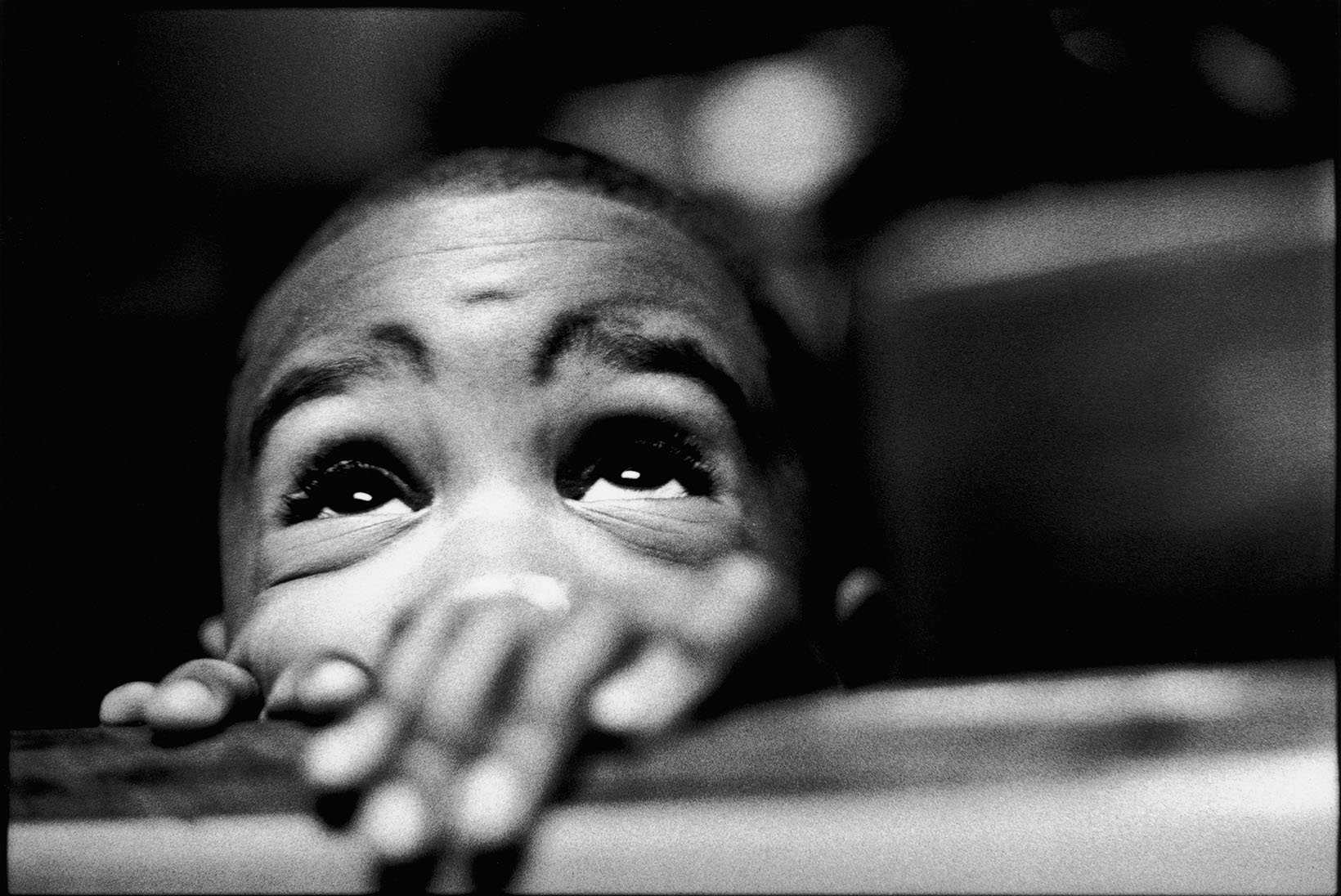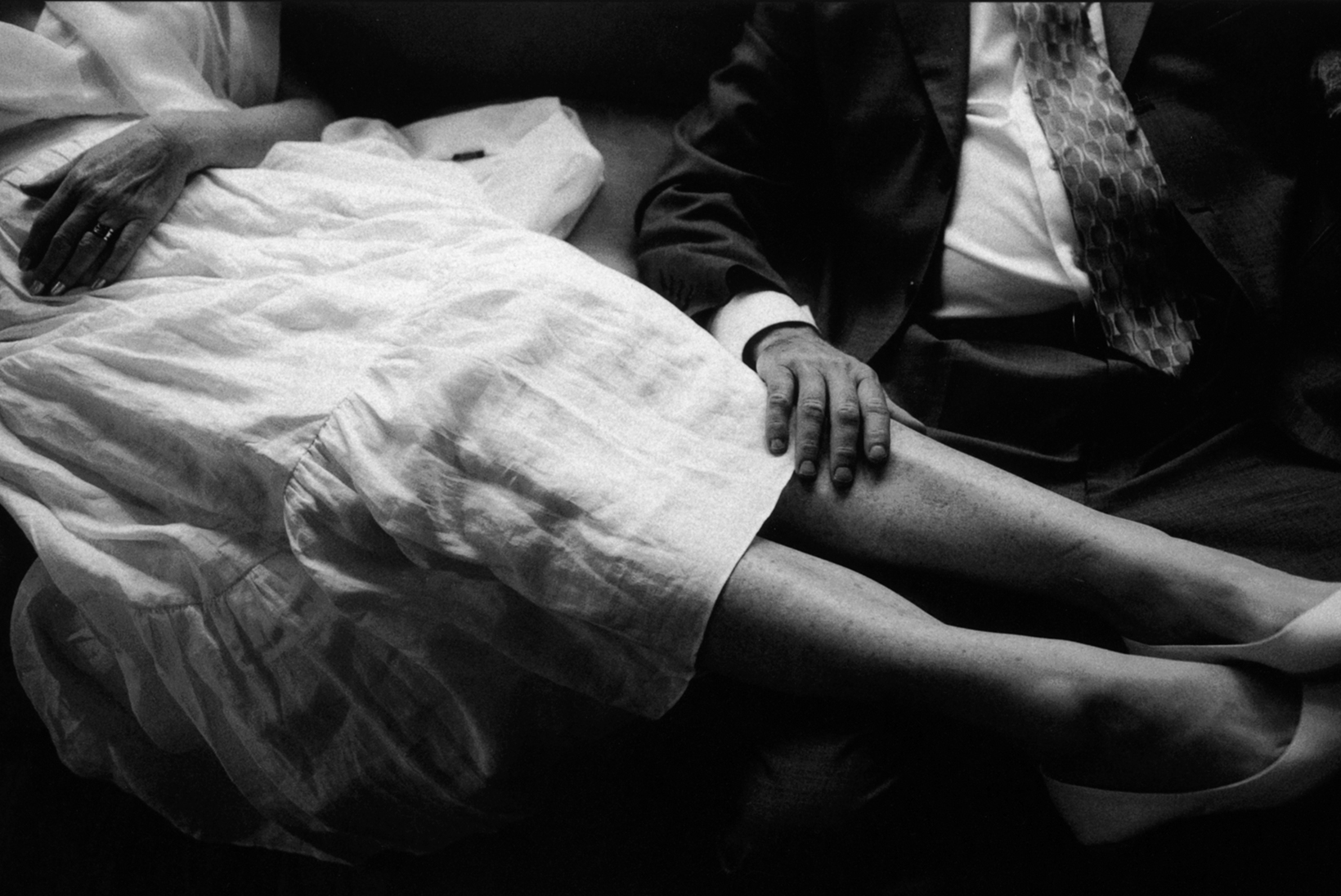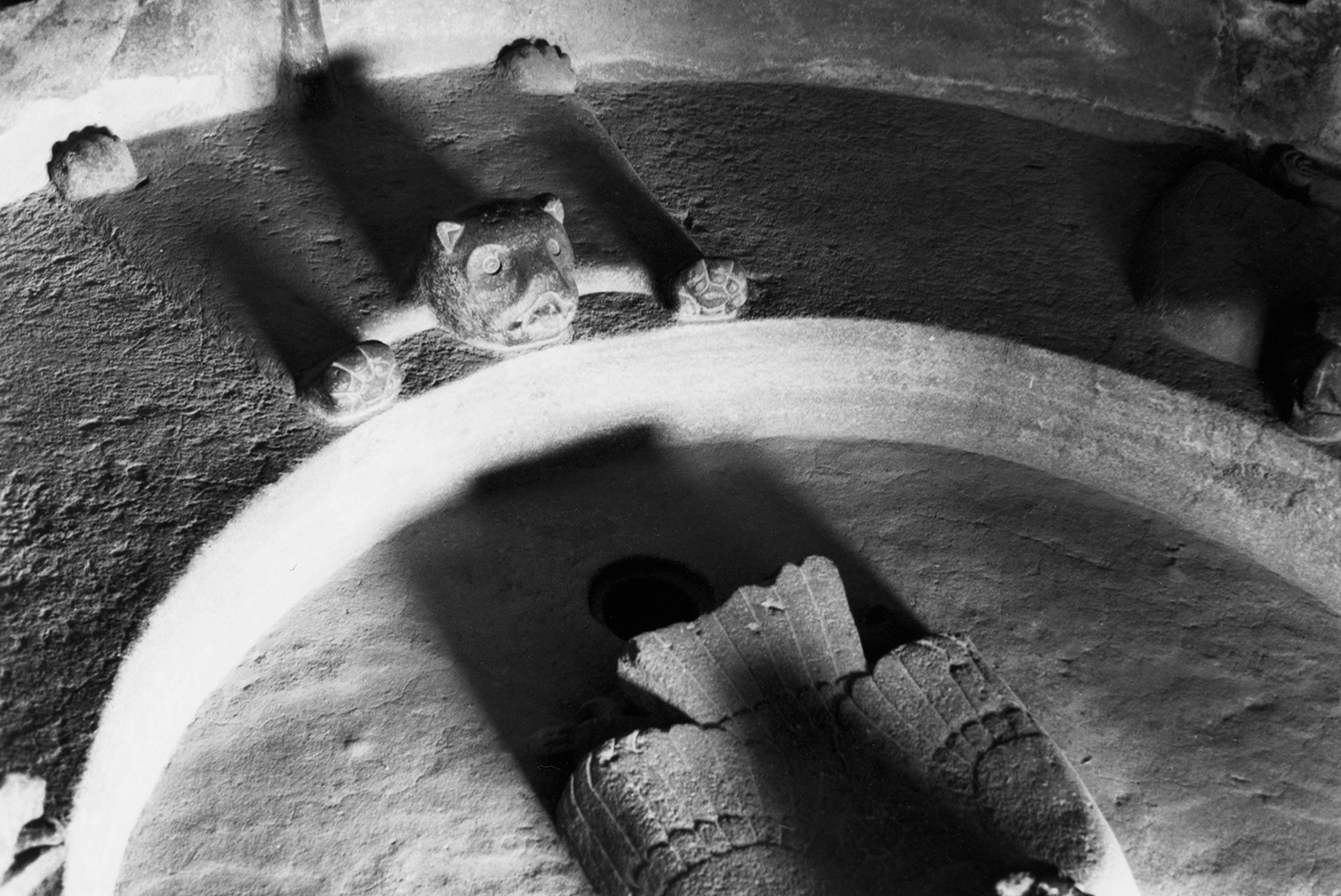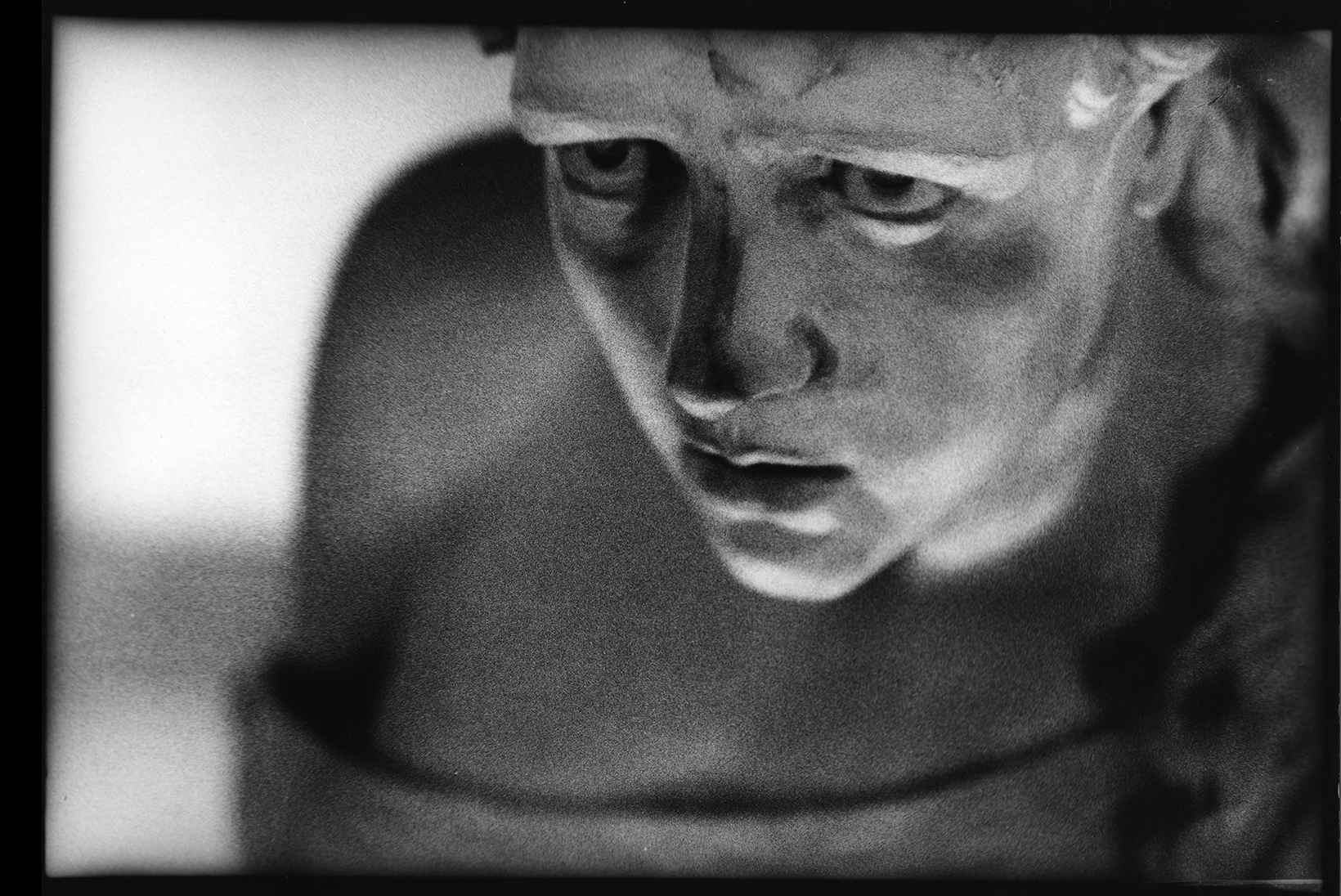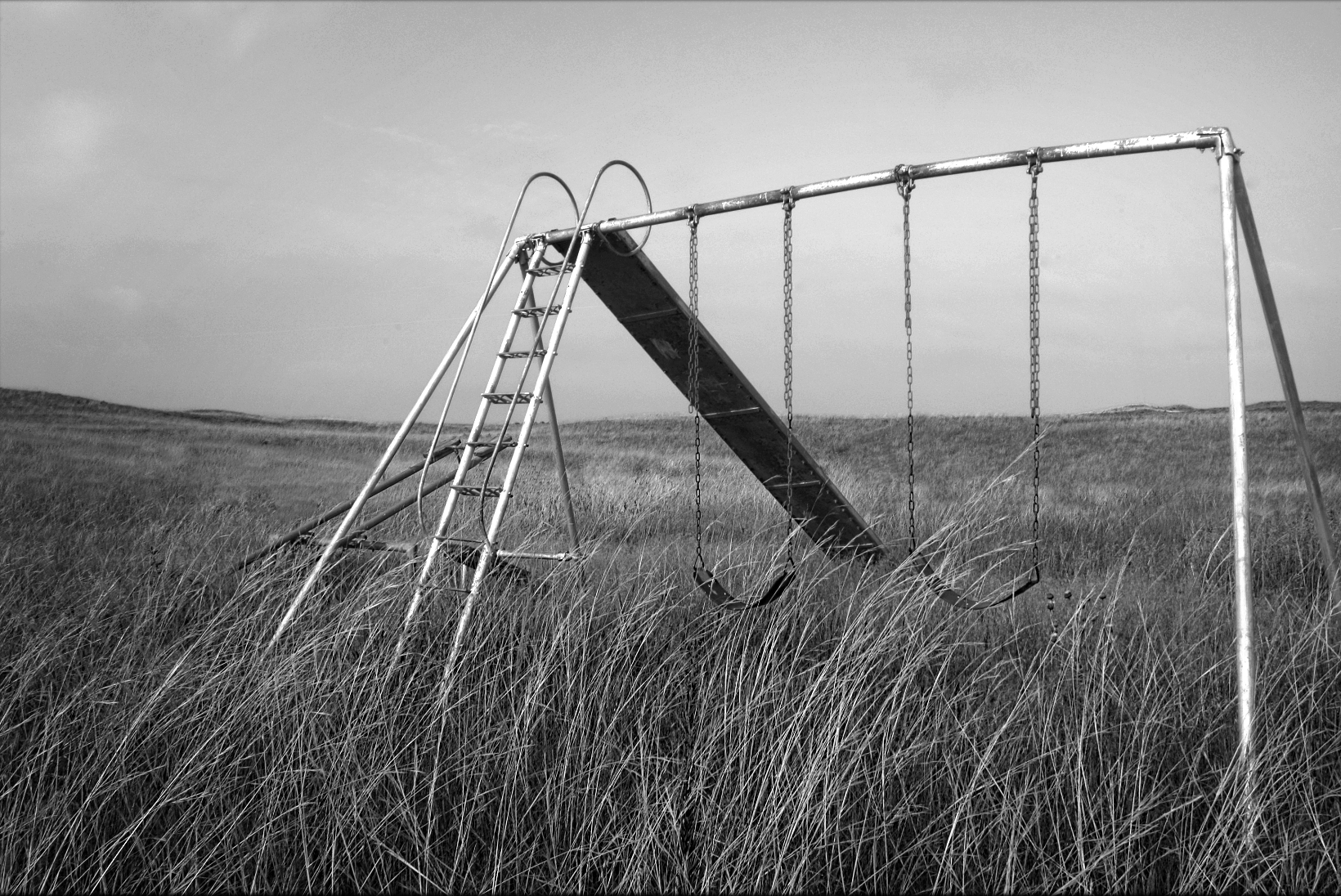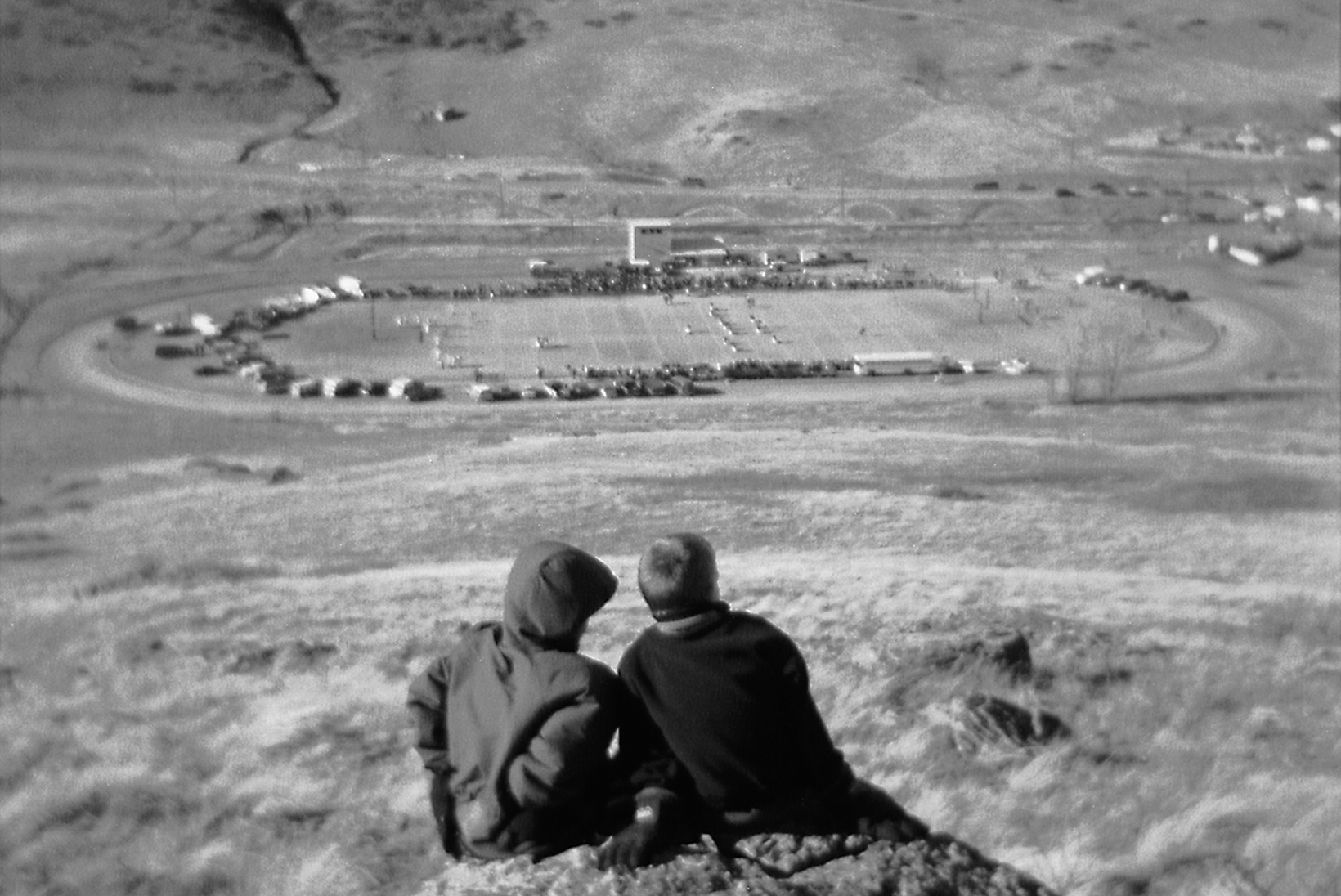Featured Selections
From the Archives
Bang, Bang, In A Boy Voice
In 1984, the year vigilante Bernhard Goetz shot four black boys on a New York City subway car, I was nine, and I loved to ride the subway by myself. The dingy trains were spectacular space rockets to me. When I rode them, I wasn’t just going to Queens to visit my grandmother; I was saving the galaxy.
July 2007The Long Goodbye
Katy Butler On How Modern Medicine Decreases Our Chance Of A Good Death
It’s an interesting philosophical conundrum: Which self do we honor? The fully capable, legally responsible person I am right now, who says I don’t want any artificial barrier preventing the natural death that might await me? Or the less-aware self that I might become at a later date, who might say, “No, no. Keep me alive”?
April 2014Inventory
On Reading The Papers Of Richard M. Stites, Esq., At The Georgia Historical Society In Savannah
I spread out your charts, your ledgers, your bug-eaten accounts, the ones cataloged and filed in acid-free folders. The room where I sit, Mr. Stites, is not far from the room where you yourself must have sat, sweat-stained, surrounded by your law books, sleeves rolled up, face sopping wet, bent over your volumes. Adding, subtracting, calculating, measuring, devising. Not far from where your slaves stood in pens waiting to be sold.
September 2017Between Two Worlds
Malidoma Somé On Rites Of Passage
There are certain experiences that, once you become privy to them, shatter so many things you have learned. When a shaman in my village takes me to a cave, opens a portal to another world, and walks there and back again, I have to ask myself, “What kind of technology is this?” When this same shaman lifts himself off the ground — that is to say, levitates — I have to wonder, “What kind of technology is that?” When another shaman is capable of walking on water, I have to wonder, “What is the technology that enables him to float?” And so on and so on. But modern science has grown so grandiose that it is unwilling to break out of its narrow thinking to explore alternatives that might better serve human consciousness and the world.
July 2010Radical Grace
An Interview With Will D. Campbell
When we said, “Be a Christian,” who we really got that from was Thomas Merton: Be what you are. You are already katallagete; you are already reconciled. So behave as if that’s true. It’s a fine point to make, but it’s a very important and, I think, radical point.
May 2000The Geography Of Sorrow
Francis Weller On Navigating Our Losses
The work of the mature person is to carry grief in one hand and gratitude in the other and to be stretched large by them. How much sorrow can I hold? That’s how much gratitude I can give.
October 2015The Middle Of Nowhere
Scuba diving, a Mickey Mouse watch, half a loaf of warm bread
September 2009The Game
Football is arguably the country’s most popular spectator sport, producing highly paid professionals, luxurious stadiums, and college bowl games. But there are still places in the U.S. where football is reminiscent of another time.
July 2009The Death Of Environmentalism
Over the last fifteen years, environmental foundations and organizations have invested hundreds of millions of dollars in combating global warming. We have strikingly little to show for it.
February 2005If Your House Is On Fire
Kathleen Dean Moore On The Moral Urgency Of Climate Change
Every decision that we make — about where we find information, where we get food, what we wear, how we make our living, how we invest our time and our wealth, how we travel or keep ourselves warm and sheltered — is an opportunity for us to express our values both by saying yes to what we believe in and by saying no to what we don’t believe in.
December 2012